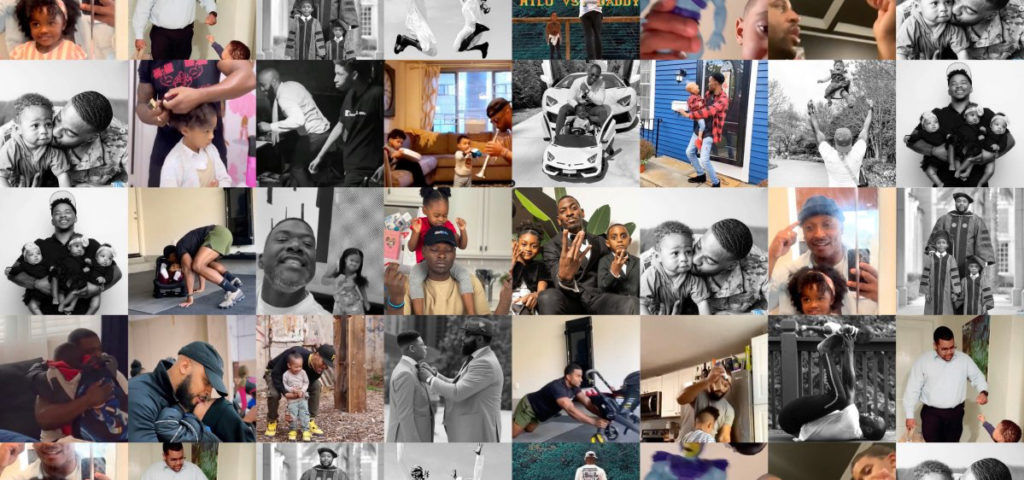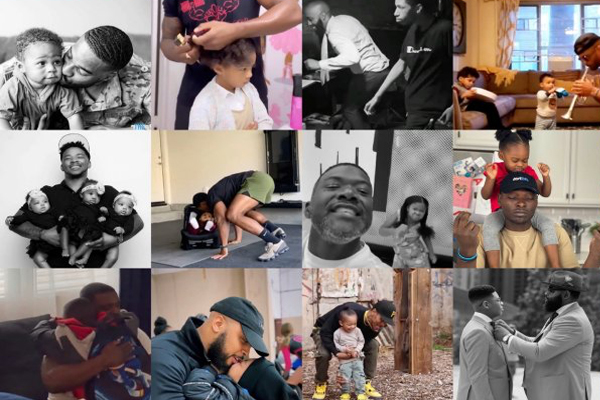This Father’s Day, Dove Men+Care, has launched the #CelebrateBlackDads campaign to change how the world sees Black fatherhood.
Black fathers are present in caring for their families but too often, media and culture do not convey this truth. According to a new research study commissioned by Dove Men+Care, less than half of Black fathers believe social media, mainstream media, and popular culture portray Black fatherhood accurately.
As a brand committed to fighting against the stereotypes that negatively impact men, this Father’s Day, Dove Men+Care is launching #CelebrateBlackDads; a social media initiative that will amplify the pages and content of Black fathers. It wants to encourage people to add these fathers to their feeds and find inspiration in the care they show. This is an evolution of the brand’s ongoing Commit to CARE (Care About Racial Equity) Now initiative; first launched in 2020.

CELEBRATING BLACK FATHERS
To launch this initiative, Dove Men+care partnered with leading voices like GRAMMY Award nominated, multi-platinum country musician star Jimmie Allen; longtime Dove Men+Care partner and influencer Beleaf in Fatherhood (Glen Henry); and Black fatherhood network The Dad Gang. It wants to highlight the content of various dads so their love and presence for their families can be seen by the world.
“All caring fathers deserve to be seen, respected, and celebrated,” said Carlos Gil, Global Brand Vice President of Dove Men+Care. “We know how important a dad’s care is, and the transformational effect that care has on everyone around them. But too often, the care that Black fathers have for their kids and family is not seen; or celebrated. It felt incredibly important to help break down the barriers that limit who is seeing the true stories of these fathers. As part of our ongoing mission to Commit to CARE. Now, we are dedicated to changing the way the world sees Black fatherhood.”






































